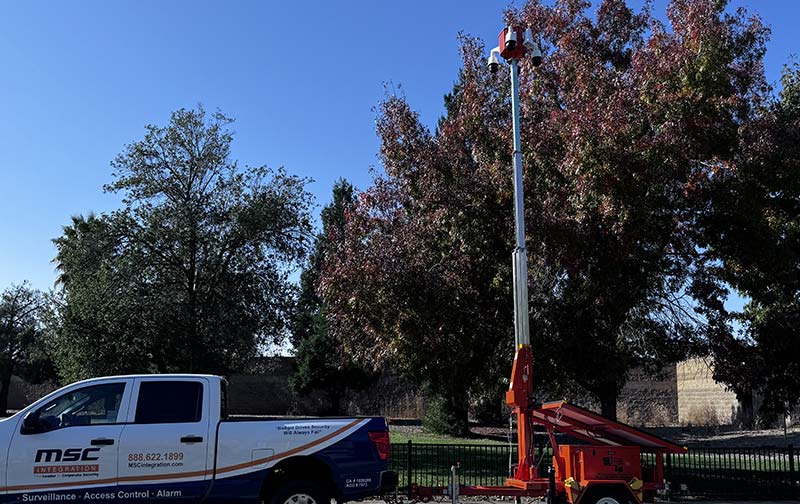What is a Live Monitoring Security Trailer in Sonoma, CA?
Mobile security trailers merge unparalleled mobility with incredible efficiency for commercial entities needing advanced security solutions. By combining innovative technology with agility, quick deployments, and convenience, they provide comprehensive protection that traditional systems simply can't match.
The mobile security trailer's cameras are positioned on a telescopic pole, providing an elevated view of the surrounding area. The camera system is designed to be portable, making it easy to relocate from one place to another. This feature makes it suitable for construction sites, outdoor events, and remote areas, as the pole/mast, power source, and cellular connection are all integrated into the unit. Additionally, the trailer is equipped with a GPS system for real-time tracking, ensuring it remains in the correct position at all times.
Created to operate reliably in even the most remote locations, remote surveillance trailers aren't just mobile - they're powered by solar energy. This eco-friendly feature gives our mobile security trailers powerful performance in both rural and urban environments, ensuring your property is safe and secure 24/7.
Some of the most common use cases for security camera trailers include the following
-
 Construction
Site Security
Construction
Site Security
-
 Parking Lot
Security
Parking Lot
Security
-
 Stadium
Security
Stadium
Security
-
 Event Security
Event Security
-
 Utility and
Energy Site Security
Utility and
Energy Site Security
-
 Retail Store
Security
Retail Store
Security

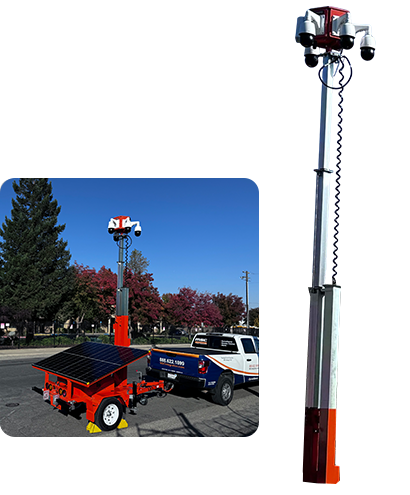

 (916) 672-2660
(916) 672-2660 Contact us
Contact us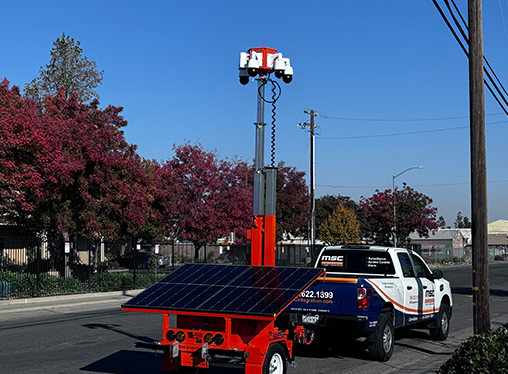
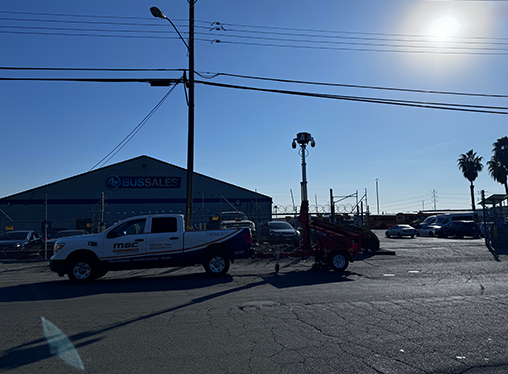
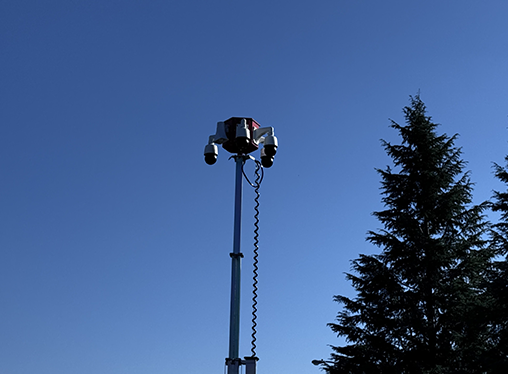
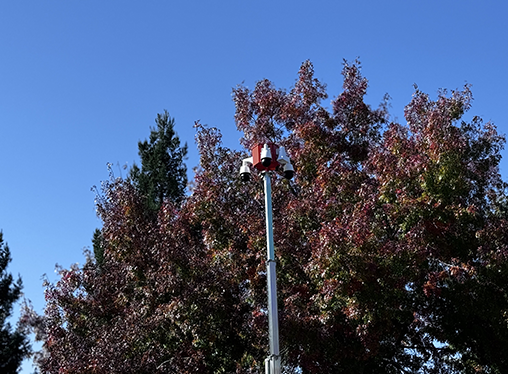
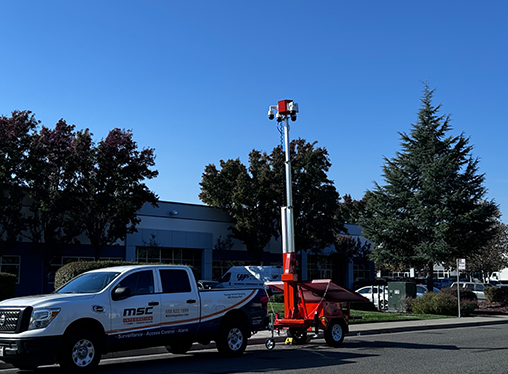

 Construction Site Camera
Construction Site Camera
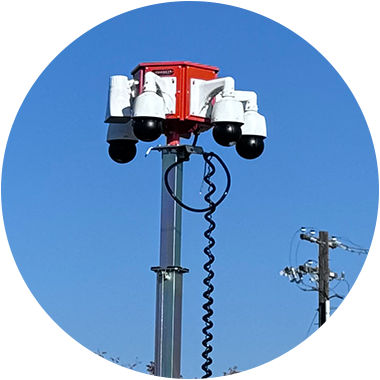


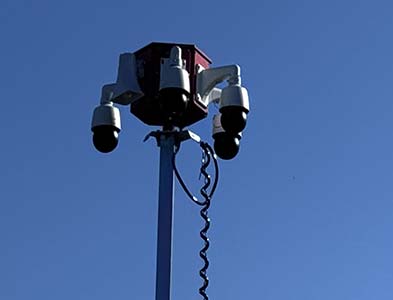
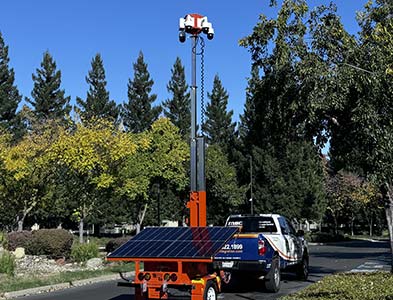
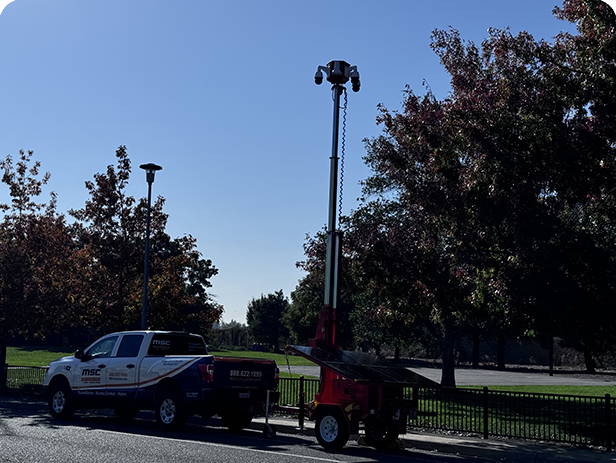
 contact@mscintegrations.com
contact@mscintegrations.com
 (916) 672-2660
(916) 672-2660
